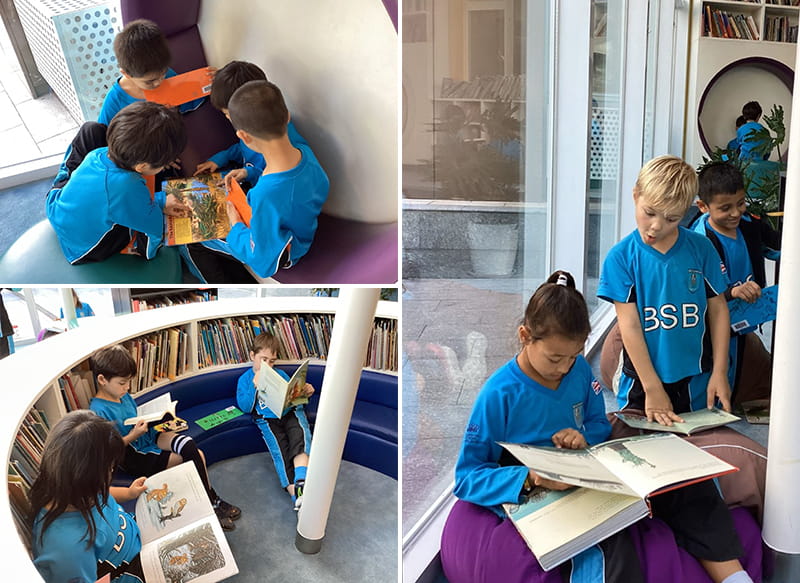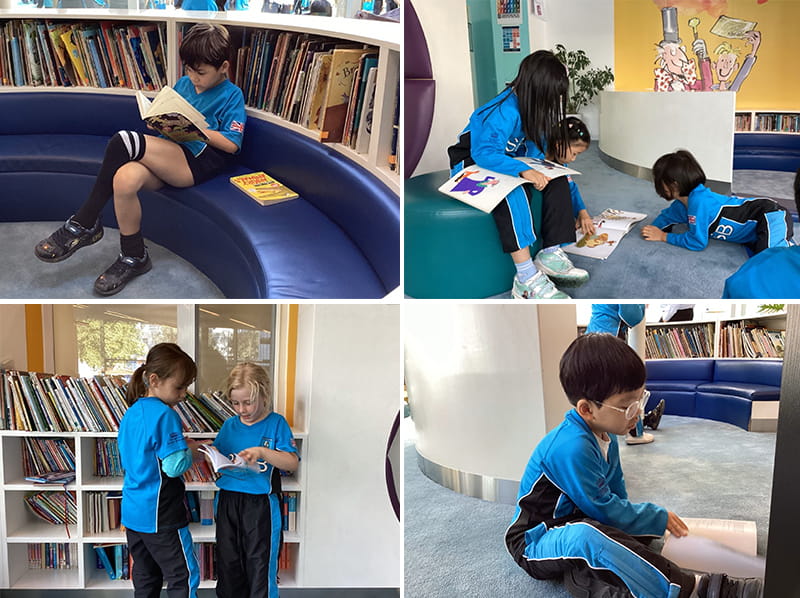Reading for pleasure is a vital skill that lays the foundation for lifelong learning and personal growth, particularly in Key Stage One. During this developmental stage, children are introduced to the joys of reading, and fostering a love for books can significantly enhance their literacy skills and imagination.
The Importance of Reading for Pleasure
Reading for pleasure encourages children to explore different worlds, ideas, and cultures. It not only improves their vocabulary and comprehension but also stimulates their creativity and critical thinking. When children read for enjoyment, they are more likely to develop a positive attitude towards reading, which can lead to better academic performance in the long run.

Weekly Library Visits
One effective way to nurture a love for reading is through weekly visits to the school library. These trips can be a highlight of the week for many children, providing a dedicated time to explore a wealth of books. During library visits, children can:
- Discover New Titles: The library offers access to a diverse range of books, from fairy tales to informative non-fiction. This exposure helps children find genres they enjoy and encourages them to experiment with different reading materials.
- Engage with Librarians: School librarians can play a crucial role in promoting reading. They often discuss the books with the children, recommend age-appropriate books, and organise activities that make reading exciting.
- Participate in Group Activities: BSB offers programs such as book club ASAs, reading challenges, or themed events such as Book Week. These activities create a sense of community and can motivate children to read more.
- Practice Independence: Choosing their own books empowers children and fosters a sense of responsibility over their reading choices. This autonomy helps to cultivate a love for reading as they take ownership of their learning.

Creating a Reading-Friendly Environment
To cultivate a passion for reading, it’s essential to create a supportive environment both at home and in the classroom. Here are some effective strategies:
- Diverse Book Selection: Provide access to a wide range of books—fiction, non-fiction, picture books, and chapter books. This diversity helps cater to varied interests and reading levels.
- Read Aloud Sessions: Regularly reading aloud to children can ignite their curiosity. It allows them to hear the rhythm of language and experience stories together, creating shared moments that enhance their connection to books.
- Encouraging Choice: Allowing children to choose what they read empowers them and makes the reading experience more personal. This autonomy fosters a sense of ownership over their learning.
- Discussion and Interaction: Engaging children in discussions about the stories they read helps deepen their understanding and encourages critical thinking. Ask open-ended questions that stimulate their imagination.
- Incorporating Technology: E-books and audiobooks can be excellent tools to engage tech-savvy learners. Interactive reading apps can make stories come alive, adding an extra layer of excitement to reading.

Community and Family Involvement
Parents and caregivers play a crucial role in nurturing a reading culture. Family reading nights, visits to local libraries, and book clubs can reinforce the importance of reading within the family unit. Community programs that promote literacy can also provide additional support and resources.
Conclusion
Fostering a love for reading in Key Stage One children is essential for their academic and emotional development. By integrating weekly visits to the school library with an inviting reading environment and engaging them in diverse and enjoyable literature, we can help young learners discover the magic of books and develop habits that will benefit them for years to come. Reading for pleasure is not just about acquiring skills; it’s about instilling a lifelong passion for learning and exploration.
By Emily Kingett
Year 2 Leader, Elephants Class Teacher









